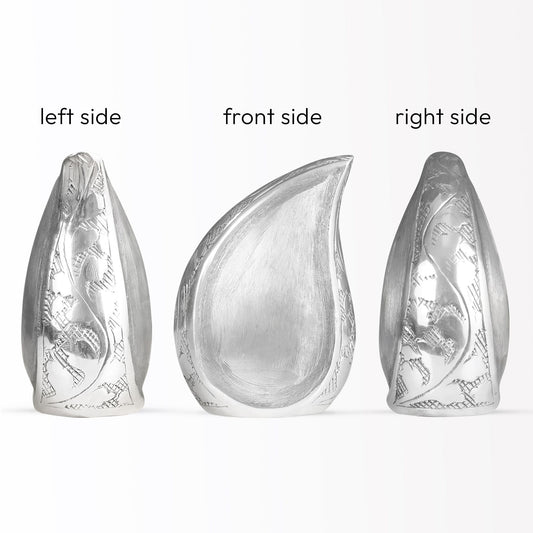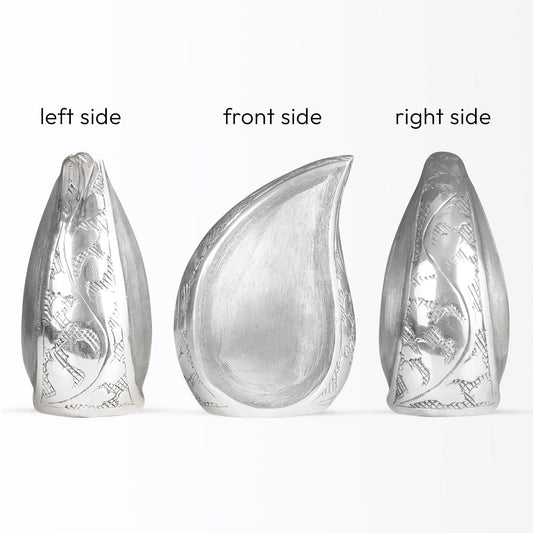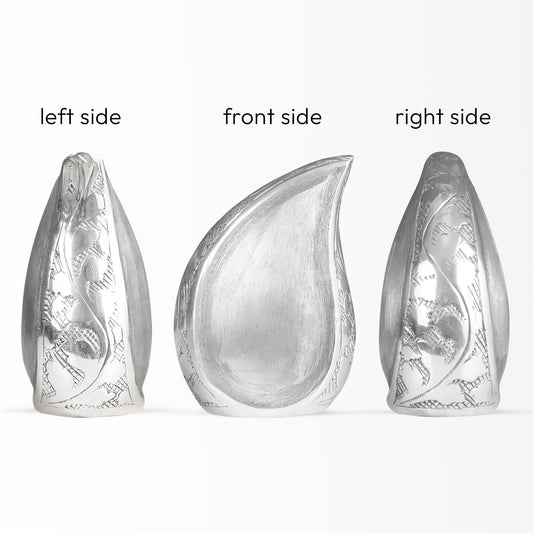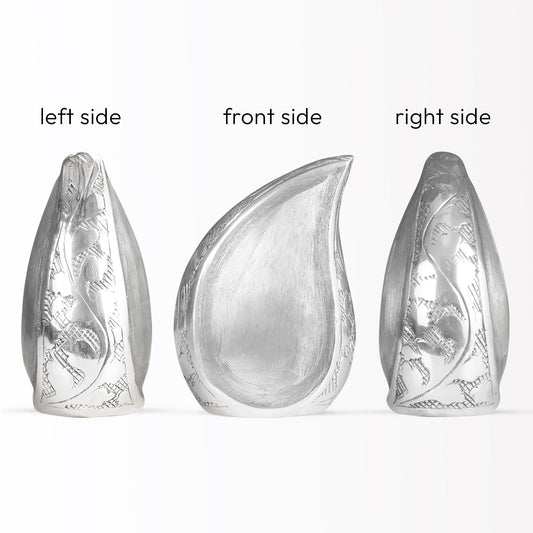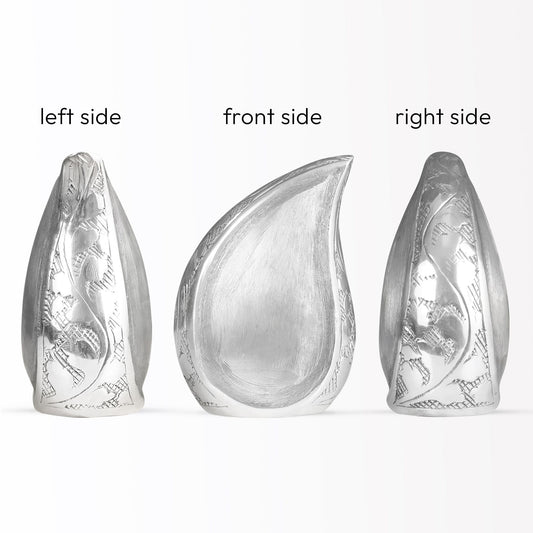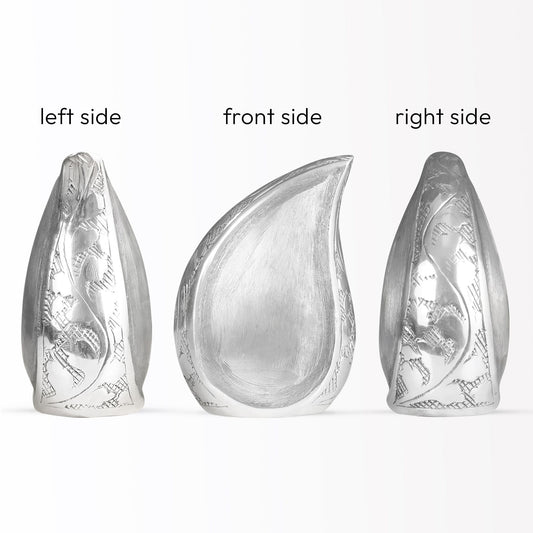Popular Urns
Things to Say after a Miscarriage

How To Comfort Your Loved One ?
A miscarriage may be one of the emotionally challenging events to happen to a person in their lives. Someone, who wants to support this individual, really finds hard to say appropriate words during this time because they have fears to utter those words that cause more suffering for them or accidentally say inappropriate things. Following are thoughtful words, which can let you extend your sympathy over a miscarriage.To start with, acknowledge the loss. A simple and heartfelt expression such as "I am so sorry for your loss" says a lot about showing one is concerned. Acknowledgment of the miscarriage as an actual and significant loss confirms the reality of the other person's grief and that you understand them. Be careful not to downsize the experience by saying, "at least it happened early," or "you can try again," for these comments can be so unsympathetic.

Giving them an attentive ear. It sometimes sounds very easy- simply saying, "I am here for you to talk whenever you want to" or "Whenever you want to say anything, I'm here ready to listen." Such communication tends to soothe individuals with a heart to heal their loss.
Give that individual a lead of taking part in conversations pertaining to this experience. Some may want to discuss how they feel with all detail, while others cannot even imagine opening up as yet; both are also correct responses.
This can also be meaningful using the baby's name, if they have one. For example, you could say, "I'm so sorry for the loss of [baby's name]." It's recognizing that the baby is and was important to them. Of course, you want to know if it is alright to do this before proceeding, but sometimes you can simply use a phrase such as, "I'm so sorry for your loss.".
Avoid clichés or phrases that attempt to explain or justify the loss. Statements like, “Everything happens for a reason,” or “It’s God’s plan,” can feel dismissive and may even cause additional hurt. Grief is deeply personal, and attempting to rationalize it often misses the mark. Instead, focus on affirming their feelings by saying, “It’s okay to feel however you’re feeling right now.”
The practical gestures of support also talk more than words. In relation to a miscarriage, the tasks may seem nearly impossible to get through with on a daily basis. Sometimes, the smallest things like dropping off a sympathy meal or offering to run some errands can really help support the grief process. They let you show that you're thinking of them, and it could help take a load off their mind when they are in need most.

Lastly, never underestimate the power of continued support. Grief does not follow a time frame, and your care and concern should extend further than the immediate aftermath. Periodic check-ins with something as simple as, "I've been thinking of you" or "How are you doing today?" remind them they are not alone on this journey.
What is most important when giving comfort after a miscarriage is your genuineness and willingness to be there. This will help you choose the right words to express empathetic support for a person during one of the most difficult times in life.















